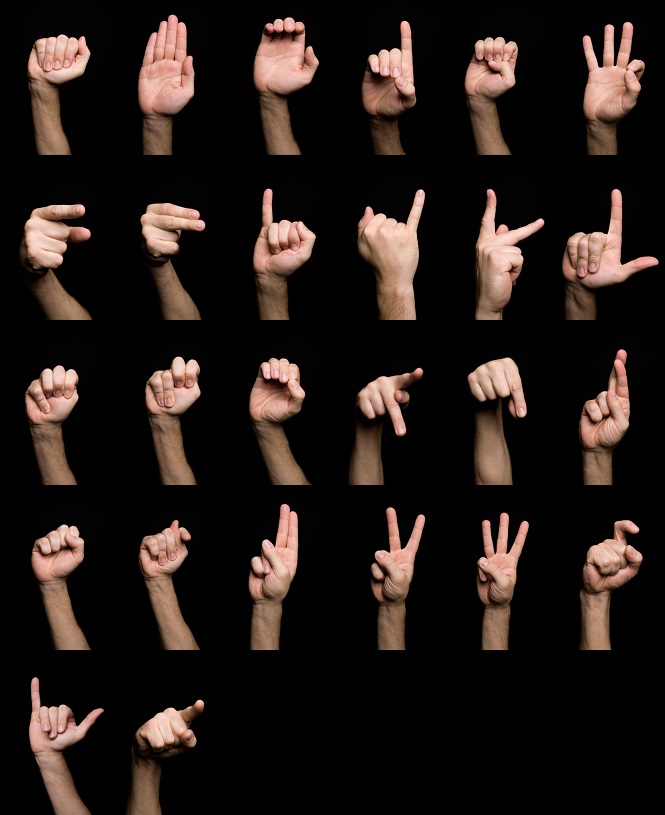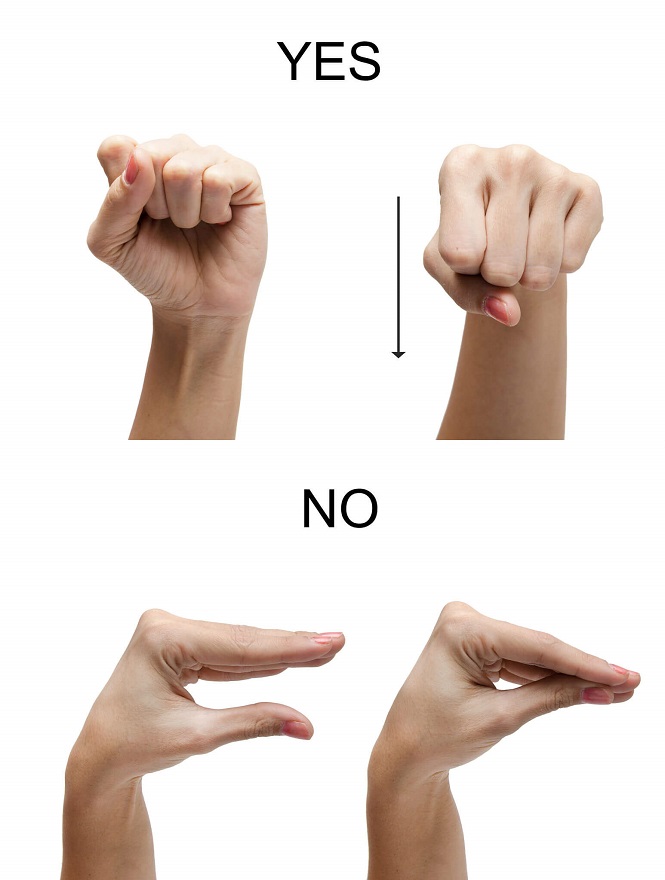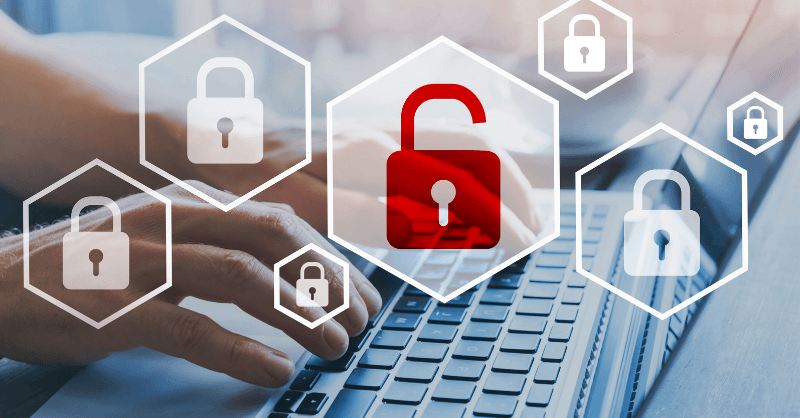British Sign Language (or BSL) is a helpful skill to have if you ever want to communicate effectively with deaf people. It consists of hand movements, hand shapes, as well as facial expressions and lip patterns to demonstrate what people want to say. It is estimated that 151,000 people in the UK use British Sign Language and, of these, 87,000 are Deaf. This makes it the second most used language in the UK after English, so it’s well worth it to learn BSL!
However, there are only approximately 900 registered BSL interpreters in the UK, so they are in high demand. Therefore, it might be a good career option for you to learn BSL and become an interpreter. This article will provide you with more in-depth information on BSL and why you should learn it. So, without further ado, let’s get started!
Table of Contents
10 Reasons Why You Should Learn BSL
BSL is a lifelong skill that will prove helpful throughout your life. From communicating with the deaf to interpreting as a career. Both public and private sectors require people qualified in British Sign Language, so you could easily land a job after studying BSL. Furthermore, here are the 10 reasons why you should learn British Sign Language (BSL)
1. Make New Friends
There is a whole community of deaf people in the UK just waiting for a friend like you. This community bonds through BSL and you will never be able to communicate with them otherwise. Therefore, learn how to sign and get involved in various deaf communities where you can meet new people and build relationships.

Find friends locally or online and sign with them via video calls to practice your skills. Many cities have deaf clubs that meet up regularly. Thus, it’s a great way to interact with new people. Also, try contacting your local deaf charity, or search for a group using websites such as Meetup.com.
2. Have a Private Conversation Publicly
Have you ever wanted a secret language so you can discuss private matters openly? Provided no one around you can speak sign language, you can say anything you like, and it will fall on deaf ears (excuse the pun). Imagine talking in the cinema without worrying about disturbing those around you. Or discussing something highly personal in a busy café. You can even talk about people in front of them without them ever knowing!
3. BSL can be Better Than Spoken Language
How else could you communicate at a noisy concert, through windows, at a distance or even underwater! Sign language allows you to communicate anywhere, so long as your hands are not full!
4. Learn Body Language
Sign Language relies heavily on body language, and you will soon master the skills to know what someone is thinking by practising BSL. Tap into people’s non-verbal communication from subtle facial cues to body movements and postures.

5. Learning a New Language is Good for Your Brain
Mastering any new skill is good for your personal wellbeing and confidence levels. From learning an instrument to a new language, these new skills are good for your brain. For example, studies have shown that learning a second language can protect your brain against Alzheimer’s and dementia.

However, further studies found that learning languages enhances brain plasticity and increase the capacity to assimilate further knowledge. Signs can vary across the UK, and BSL has its grammar and sentence structures that are different from English, making it a unique language. Just like any spoken language, there are regional variations and colloquialisms in BSL as well.
6. Teach Your Children Sign Language
Not only is it excellent for their brains to learn a new language, but you can tell your kids off in the supermarket without fear of being judged! Moreover, having a secret family language can be very beneficial for such occasions and will teach your children some valuable life skills too. It is so much easier to absorb another language when we are young.
7. Help Others
Deaf people can often feel excluded in social situations. So, imagine how happy you would make someone by knowing how to sign. You might even want to volunteer for some deaf charities. It can also come in handy in a business setting; your customers will love to know that your business is deaf-friendly.
8. Start a New Career
If you are looking for a career change, it could open a path as an interpreter if you learn BSL. Freelance interpreters can earn up to £40 an hour, and they choose their own hours too. You will be able to find work in hearing impairment units in schools, as a campaigner, support worker, audiologist, BSL teacher and many other local government services.
Moreover, you might even end up signing on to a television show and get recognised in the street! The deaf community urgently requires interpreters to assist at medical appointments and hospital visits. Normally deaf people have to rely on family members to translate, or if they have no one to interpret, they must try lip-reading or writing down their questions and responses.
9. Speaking BSL is a Rare Skill
Until 2003, BSL was not recognised as an official language. It was found in a recent survey that more than 9 out of 10 British people don’t know more than 2 words of BSL. So communicating with a deaf person can be very frustrating. Imagine not being able to communicate with a staff member in a supermarket, train station, or restaurant when you need help.
10. Altruism Makes You Feel Good
If you don’t know anyone who is deaf, but you are still willing to learn BSL to make life easier for the deaf, then you are a very good person who deserves to feel accomplished and proud. BSL not only provides a good career, but it’s also the right thing to do because the deaf and hard-of-hearing community often feel left out.

Tips to Learn BSL
Learning a new language can get challenging at times. Therefore, here are some tips to help you learn BSL and overcome some of the challenges.

Practice Makes Perfect
Just like with any new skill, practising daily will help you to memorise the signs you are learning. You can practice in front of a mirror or watch several videos on BSL.
Speak with Deaf People
Practising with someone fluent in BSL will help you to master the skills more effectively. Therefore, you can find new friends online through community groups or social media.
Watch and Copy Interpreters
You will pick up signs easily by watching sign language interpreters. You can watch their interviews or live sessions at deaf events, TV shows or even on live events.
Use an App
Use the “Sign BSL” app which is a British Sign Language Dictionary app. If you are not sure how to sign a word, you can search for it on the app.
Expressive Facial Expressions
Work on your facial expressions. Deaf people use different facial expressions to express feelings and determine the mood of a conversation. It also brings more character to sign language.
Know Your Fingerspelling
This is an easy way to communicate with deaf people without memorising all the word phrases. A little bit of fingerspelling goes a long way to impressing your deaf friends.

Learn Your Grammar
Sign language is not a direct, word for word translation of anyone’s native language. For example, if you wanted to ask your deaf mate if they enjoy travelling by train, you might sign “Train travel, you like?” rather than “Do you like to travel by train?” You might find that communicating with sign language is far more efficient, also far more expressive than our spoken languages.
Enrol in Online BSL Courses
Getting enrolled in BSL courses can help you build up the excellent skillset required for this language. For example, you can learn how to spell names and exchange personal information. Learn the vocabulary to discuss families, the weather, hobbies, animals, transport, food & drink, colours, numbers, describe people and give directions.
In addition, you can also learn how to learn about jobs, buildings, rooms and items in the home, day to day routines, emotions, and countries. At One Education, we have a range of BSL courses, from beginner to advanced levels. These include- British Sign Language (BSL) Level 1 & 2, Diploma in BSL and Basics of BSL.
Related:
1. 7 Easiest Ways to Learn Spanish (Like a Pro)
2. The Benefits of learning a Foreign language
3. Learn British Sign Language: Best Way to BSL for Beginners
Conclusion
To conclude, if you learn BSL, there will be many new career opportunities waiting for you. It is also an excellent medium to connect with people with hearing difficulties. Therefore, get enrolled in any accredited BSL courses and weave the path of this beautiful career!
FAQs
1 . How to learn bsl?
Learning British Sign Language (BSL) involves understanding its significance in communication and embracing its cultural richness. There are various resources available, including online courses from One Education, classes, and community groups, which provide structured learning environments. Immersion in the deaf community and consistent practice are essential for mastering BSL.
2. Is there a big difference between asl and bsl?
Yes, there is a significant difference between American Sign Language (ASL) and British Sign Language (BSL). While both are manual languages used by Deaf communities, they have distinct grammar, vocabulary, and syntax. ASL originated in the United States and Canada, whereas BSL developed in the United Kingdom.
3. Should i learn bsl or asl?
When deciding whether to learn British Sign Language (BSL) or American Sign Language (ASL), consider factors like where you live, your connections, and cultural interests. BSL is used in the UK, making it ideal if you’re there or have ties to the British Deaf community. ASL is prevalent in the US and parts of Canada, so if you’re in those regions or connected to ASL users, it might be a better choice. Your decision should align with your needs and connections within the Deaf community.
4. How to learn bsl beginner to advanced?
Learning British Sign Language, from beginner to advanced levels, involves gradually building vocabulary and grasping grammar rules, leading to effective communication. Advanced learners refine fluency and gain insights into cultural nuances, fostering appreciation for the Deaf community. Comprehensive BSL programs enable individuals to master this expressive and inclusive language, enriching personal and professional lives.
Recent posts
- The Impact Of Remote Work On Women In The Marketing Industry
- 5 Reasons Why You Should Pursue a Cybersecurity Career
- Differentiating Web Design and Web Development
- Top 10 Social Media Management Tools for Businesses in 2024
- Why is Child Development so Important in Early Years
- Line Management: How to be a Good Line Manager?
- How Long Should a Health Sector Career Take?
- The Importance of BSL in Everyday Life
- Why Corporate eLearning is Essential for Organisational Training
- Take your Business Expertise to the next level: Get your MBA







 August 13, 2023
August 13, 2023








